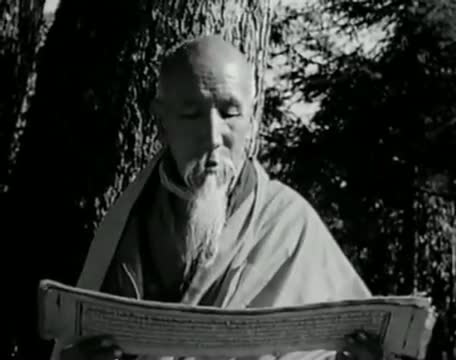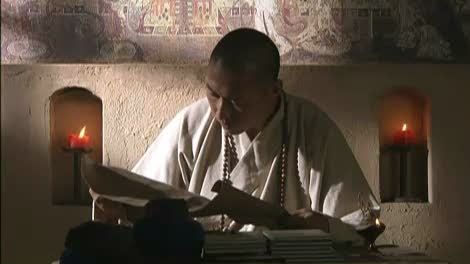
The second of Arnaud Desjardin’s films about Tibetan Buddhism in which he looks more closely at the religious side of the culture, with an examination of the rites and rituals, yogic practices and meditation involved in Tantric Buddhism.
Arnaud Desjardins: The Message of the Tibetans 1, Buddhism

In 1964 and 1965 the French filmmaker Arnaud Desjardins gained access to the Tibetan community in exile, in the first filming of their life and culture allowed by the Dalai Lama since going into exile, which was compiled into two films which I will be showing over the next couple of weeks.
The Day India Burned: Partition

This documentary is about the partition of India, one of the greatest humanitarian disasters in modern times, as peoples were divided along communal and religious lines, and turned against each other in a fury of violence.
The Life of the Buddha Animation Film
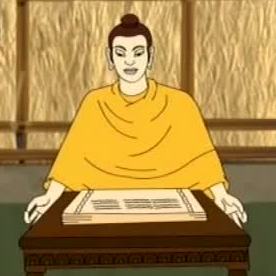
In a very short compass this animated Life of the Buddha tells more of the significant stories from the Buddha’s life than a lot of other films do. It concentrates on getting across the meaning of the teaching, rather than the heroics of the endeavour.
The Story of Buddhism by Benoy K Behl

A series of videos on the philosophy, art and culture of Buddhism in India by the renowned historian and photographer Benoy K Behl covering the Stupa, cave monasteries and later developments in the Himalayan Region.
The Journey of Xuanzang 7 & 8

Xuanzang travels down through India and eventually reaches Nalanda, where he is to stay for 10 years in all. Much information about the foundation of Buddhism, its propogatation under King Asoka, and the glories of Nalanda.
The Journey of Xuanzang 5 & 6
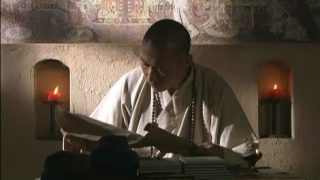
In these episodes Xuanzang crosses Central Asia and makes his way down through what is now Afghanistan and eventually on into Kashmir, where he spent the next two years studying.
The Journey of Xuanzang: An Introduction
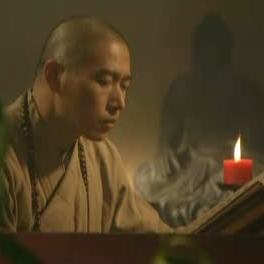
The Journey of Xuanzang is a lavishly illustrated 12-part biography of the great Chinese traveler and translator Xuanzang, based on Records of the Western World and A Biography of the Tripitaka Master.
FLOW – For the Love Of Water

This documentary provides a lot of fresh material showing how the commodification of such a basic resource as water is actually killing people right here and now, but no one seems to be held accountable for it.
